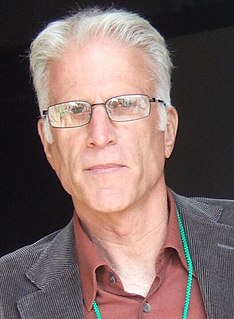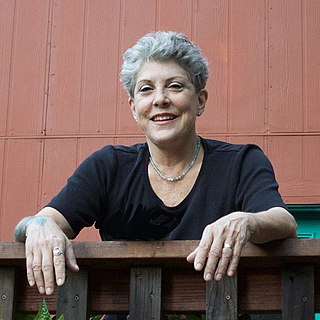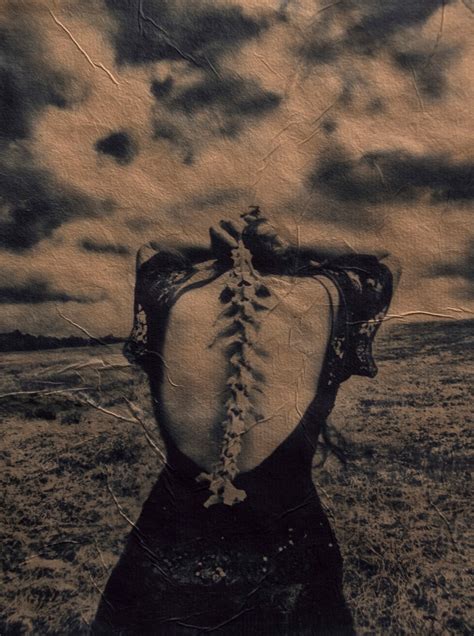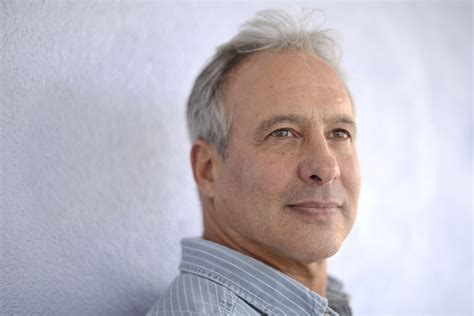A Quote by Jack Spicer
Related Quotes
One of the appeals of William Carlos Williams to me is that he was many different kinds of poet. He tried out many different forms in his own way of, more or less, formlessness. He was also a poet who could be - he was a love poet, he was a poet of the natural order and he was also a political poet.
We had an airplane, a Beechcraft Baron, that we - I had since 1981. And Annie [Glenn] and I both of had to have knee replacements unfortunately over the past year, and it made it more difficult to climb up on the airplane. We weren't using it that much so we did - it hurt a lot but I finally sold the airplane.
Part of the pleasure of giving a reading comes from the rapport between the audience and the poet. I don't want to get mystical here, but there's an energy flow that begins with the poet, and the energy goes out to the audience, and they're energized, and then they return that energy to the poet. As someone standing up there alone, facing these people, I can feel that rapport (or its absence).







































